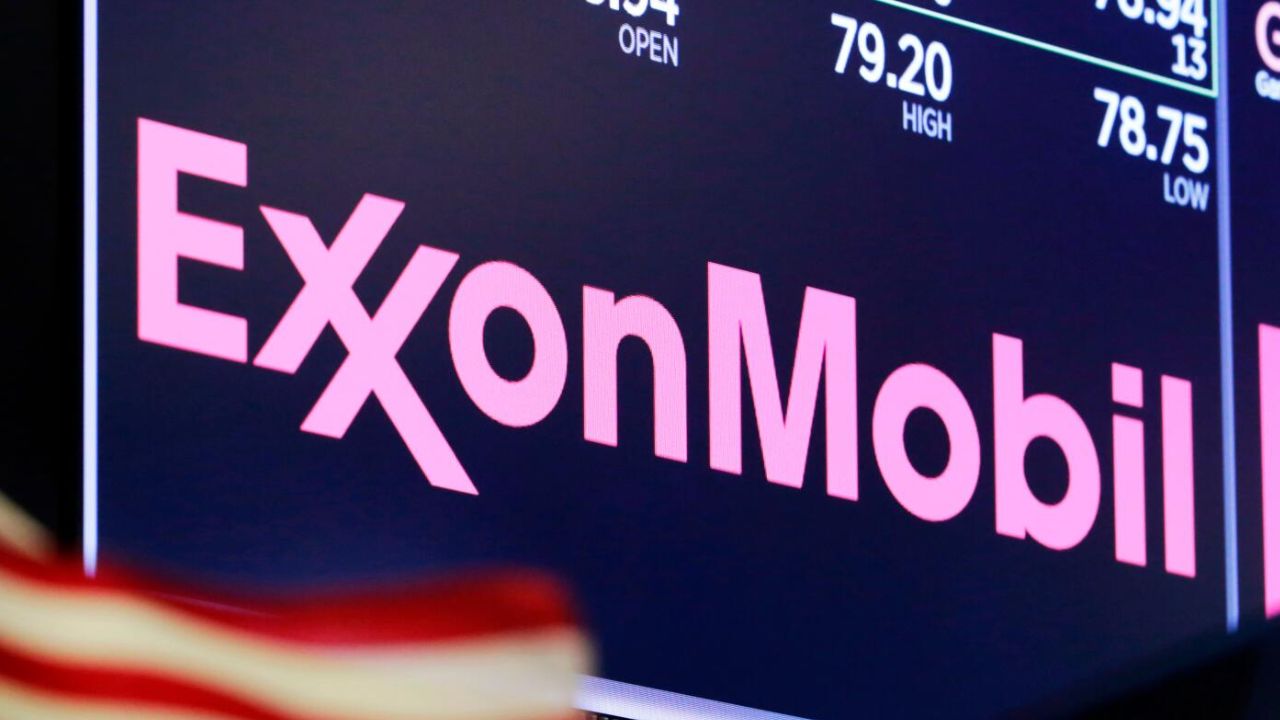San Francisco, CA – Exxon Mobil, one of the world’s largest petroleum companies, has taken legal action against the State of California by filing a federal lawsuit challenging two new laws that mandate comprehensive emissions reporting. The lawsuit, filed in the U.S. District Court for the Eastern District of California, argues these laws violate Exxon Mobil’s free speech rights by forcing the company to promote messages it considers misleading.
The move highlights an ongoing conflict between state-level climate initiatives and major oil corporations over transparency and accountability in greenhouse gas emissions reporting.
Understanding California’s Emission Reporting Laws
California’s SB 253, known as the Climate Corporate Data Act, requires private companies with over $1 billion in annual revenue to disclose detailed greenhouse gas emissions, including indirect sources such as purchased electricity, supply chain activities, and employee commutes. These indirect emissions reportedly make up about two-thirds of a company’s total emissions.
The legislation doesn’t impose changes on Exxon Mobil’s production processes or consumer product usage but strictly focuses on enhancing transparency through data disclosure. Complementary to SB 253, SB 261 compels companies with revenue above $500 million to report climate-related financial risks.
The Legal Challenge and Industry Pushback
Exxon’s lawsuit claims the laws compel it to engage in speculative disclosures about unforeseeable future developments, which Exxon argues is an unconstitutional violation of its free speech by mandating “California’s preferred message.”
Michael Gerrard, a Columbia University climate change expert, remarked, “Exxon’s pattern of aggressively pushing back on climate regulation reflects its long history of resisting transparency around its environmental impact.”
Supporters of the laws emphasize that such mandates are crucial to combating corporate greenwashing and ensuring companies provide an accurate climate impact picture. Senator Scott Wiener, the bill’s author, stated:
“We need the full picture to make the deep emissions cuts that scientists tell us are necessary to avert the world’s impacts of climate change.”
Read Also: Philadelphia Podiatrist’s Hazardous Treatment Room Sparks Patient Outrage and Safety Concerns
The Broader Context and Implications
- The laws represent California’s aggressive stance on corporate accountability amid global climate change efforts.
- Exxon Mobil’s challenge underscores tension between regulatory oversight and corporate freedom of expression.
- These cases may set precedents for how climate-related corporate disclosures are handled nationally.
For further details on this evolving legal dispute and the new climate regulations, see the full report on UPI.com.
What Happens Next?
The federal court will now examine Exxon Mobil’s claims, weighing constitutional concerns against California’s climate policy goals. This case is likely to become a touchstone in the broader debate on environmental transparency and corporate responsibility.
As climate legislation grows stricter worldwide, how corporations respond can influence not only their own future but also the global effort to address climate change.
What do you think about this legal battle between Exxon Mobil and California? Share your thoughts in the comments below!


 by
by 

